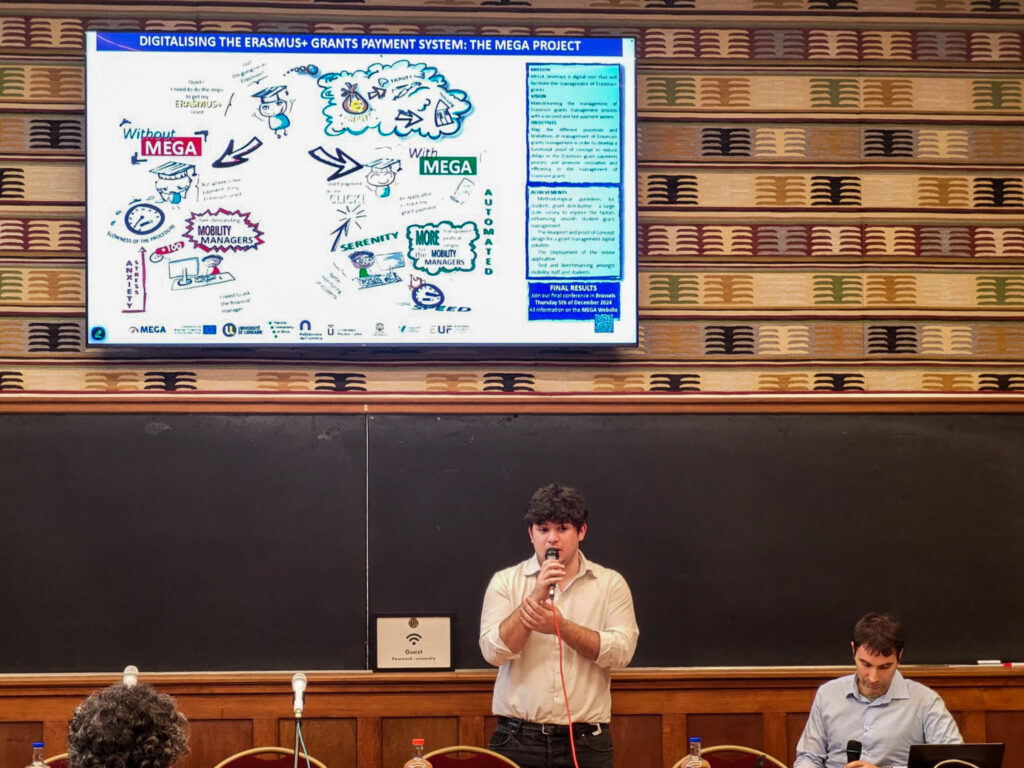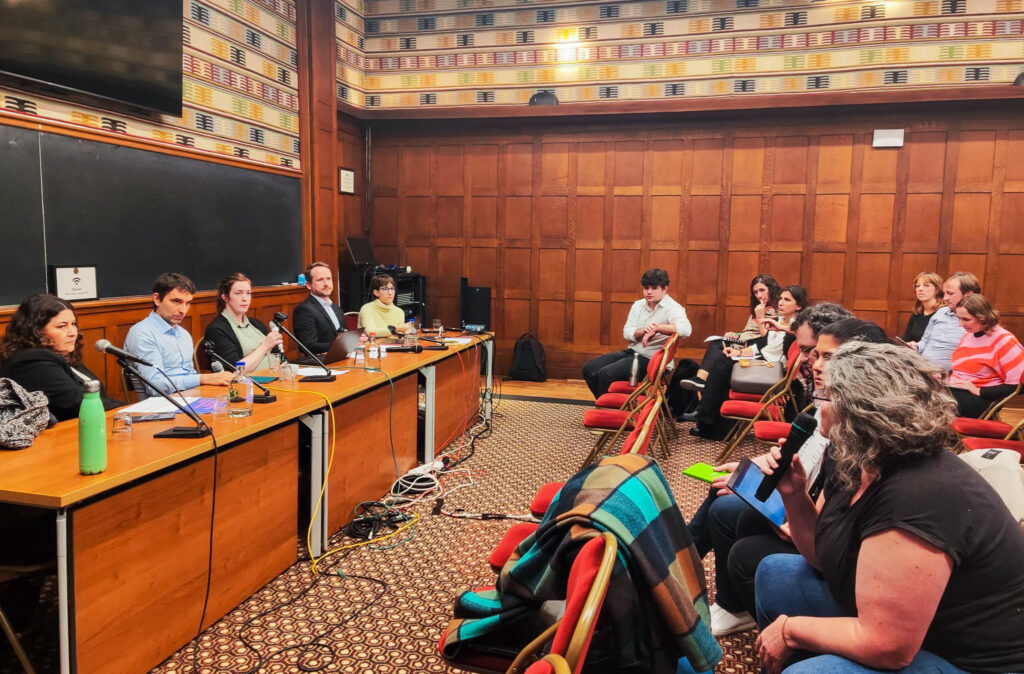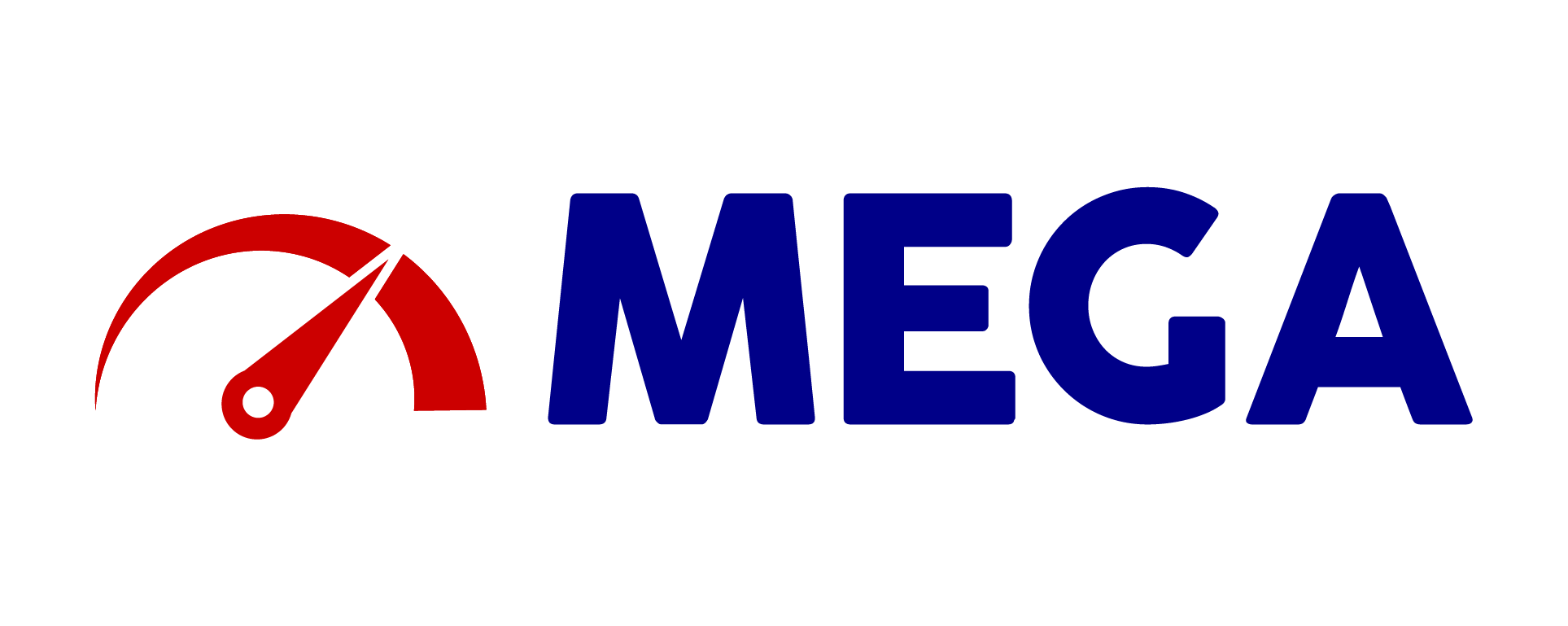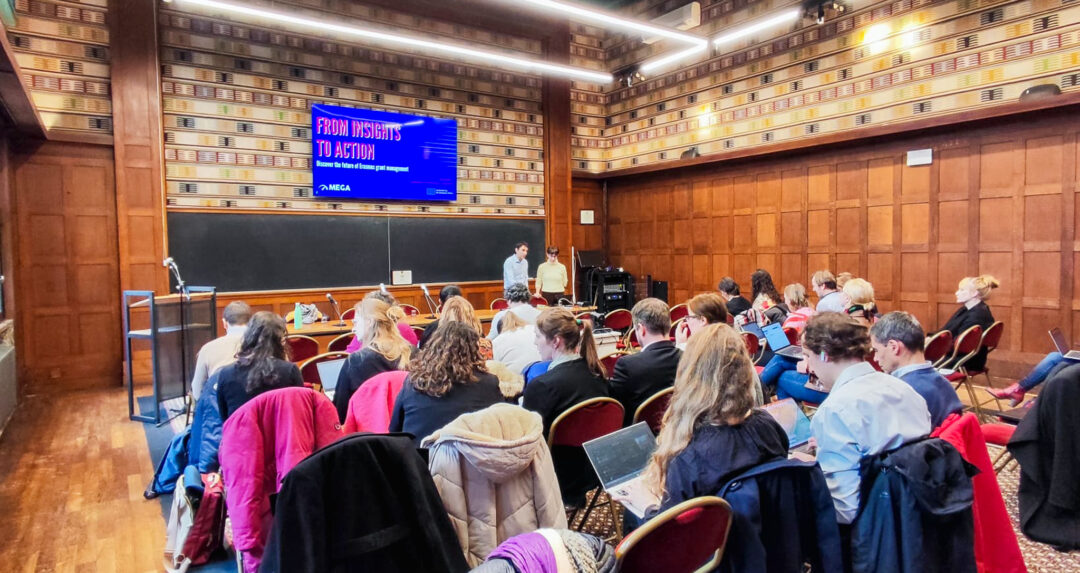The final conference of the MEGA Project took place on Monday, December 2nd, in Brussels and online. The event brought together university experts and students from Belgium, France, Germany, Poland, and Portugal to illustrate the project’s results and foster discussions on its future implications.

Edoardo Fasoli sharing the experience of Erasmus students.
Edoardo Fasoli, an Italian exchange student at the University of Lorraine, kicked off the conference. His remarks set the tone by sharing the real-life challenges and experiences faced by thousands of mobile students across Europe, including navigating complicated bureaucracy, enduring delays, and struggling with a lack of information regarding their mobility grants.
Lukáš Kala from Mendel University in Brno followed with key findings from the project’s survey which addressed three main questions: a) how Erasmus+ grants are managed across different Higher Education Institutions (HEIs) and countries, b) what are the average delays and associated workloads, and c) what are the trigger points causing payment delays. Despite the evident need to receive part of the grants weeks before the arrival at the host institution, the widespread perception is a grant distribution process which is overly complicated, slow, and unable to cover the majority of the earliest costs related to mobility.
Marcos Lopez from Rey Juan Carlos University introduced the MEGA blueprint, a strategic guide for adopting such an innovative digital solution. The blueprint provides universities with actionable steps to implement a flexible, modular, and secure approach to increase the speed and reliability of the Erasmus+ grant payment process for students.
These practical ramifications and potential of the blueprint were showcased through the live demonstration by colleagues from Western Norway University of Applied Sciences. Participants were guided through this experimental software that directly addresses students’ needs for clear instructions and a transparent timeline. The software also facilitates communication between mobility and financial managers, validating and simplifying the grant payment process.
The conference concluded with a dynamic panel discussion that underscored the potential of digital solutions in Erasmus+. Interactions with the audience and external stakeholders confirmed the enthusiasm and readiness to integrate the MEGA software into existing systems.
You may follow part of the conference here.

MEGA Final Conference

